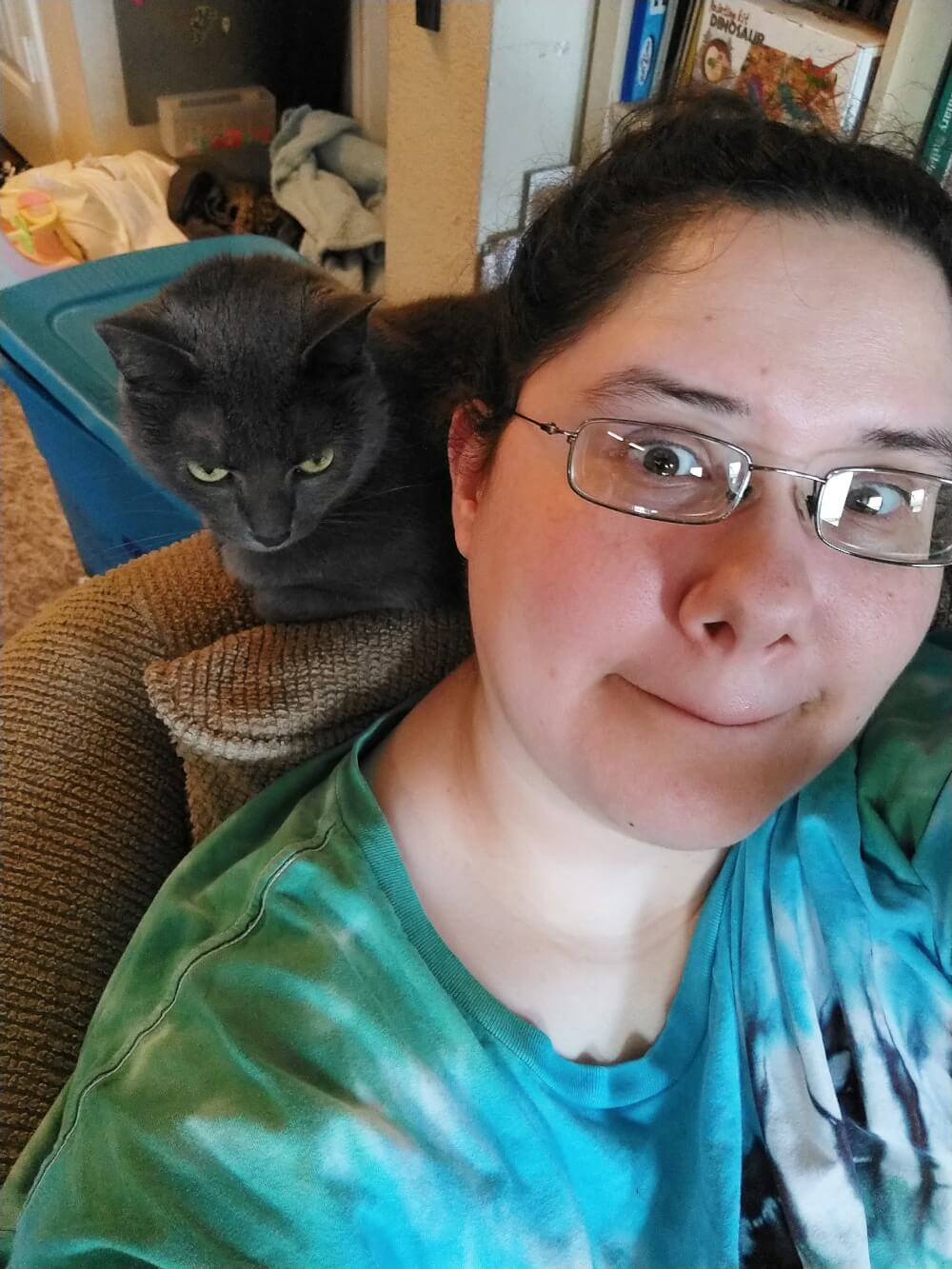What happens between the time after my boundaries aren’t respected and my going no-contact with estranged relatives?
I change my behavior. I had to stop engaging my relatives so I
- had my boundaries in place (like borders for countries) and
- no longer enabled them.
No matter how many times they fished for enabling behaviors, my boundaries — which control how I respond to other people’s behavior — helped me remember to not bite their bait.

1. Validating/praising them
I noticed they sought out attention. I can differentiate between someone posting online to connect versus someone posting online for attention/validation.
My family doesn’t know the difference between the two.
After my therapist recommended a book for adults raised by narcissists, I began learning about narcissistic behavior. I can’t tell you the diff between my family’s socialization techniques and narcissistic ones.
2. Building them up
A relative who hated her body constantly put herself down because of the insecurities she had about her size. She’d always say she was on a diet, and I learned whilst living with her that that “diet” was fasting, bingeing and laxatives.
Having eating disorder history of my own, I know how eating disorders work. I also learned how she worked in regard to other people correcting her self-deprecating statements.
I surmise she said the statements because the socially acceptable thing to say in return is, “No, you look great!” and that made her feel better about her body.
It’s all in vain, though, and enabled eating disorder behaviors. Being the person — especially when she was one of my childhood caregivers — who constantly tries to build up her self-esteem even though she didn’t respect my time, peace or being as I am is exhausting.
I think it even built up some resentment. I felt manipulated, like she said those things on purpose to “test” whether I cared about her “enough” to play into the social construct.
I was so over being parentified. She fished for more compliments/whatever this is called the less I offered them.
“So you think I’m fat?” she’d ask when I wouldn’t respond.
“I never said that.”
“Well, you didn’t say I wasn’t.
“I’m not responsible for helping you feel better about your body. I have my own eating disorder struggles to worry about.”
Cue her eyeroll/scoff/expression of anger.
Family not taking my eating disorder diagnosis or recovery seriously feels harder than the recovery itself, and I’ve since learned to choose myself and my recovery over my relationships with them.
3. Lowering my boundaries
The more I said “no”, the more they pushed for “yes”.
The more I stood firm, the more they insisted I had a severe mental illness.
The more I expressed my boundaries, the more they proclaimed, “This isn’t like you.” They even grew concerned for me, worried about my mental health, and encouraged me to let them help me.
The more I explained why, the more they said that I’m “not behaving right”.
I remember explaining how forgiving my egg donor and letting her back into my life does not have to happen in order for me to not be holding a grudge. The person replied, “You’re almost there…not quite, but almost. You’ll see it the right way soon,” because they believed that I should just let this woman who pretends she was a good mother to me back into my life as if nothing happened.
4. Seeking validation
This was the icing on the cake. The less I sought after their validation or spoke with them before making any decision about my life, the more controlling they became.
It was like they knew they were losing their power over me, and the only way they knew how to get it back was by upping the criticism and their controlling behaviors.
I had to learn to love myself in order to stop seeking external approval. Naturally, I began embracing and expressing more of myself — and celebrating me!
They criticized behind the scenes while pretending to support me in public.
I felt as though they wanted me to depend on them for comfort — did they think themselves a safe space for me? That’s pretentious, considering I haven’t felt that way about them for at least 20 years.
I’d be going to do something — like talk to someone, go to the restroom, or buying something — and be asked, “Do you need me to go with you?”
Um, no?
“Are you sure?”
Yes? Cue them watching me from afar.
It was weird.
If you’re in a similar situation, I hope this helps you! Deciding to go no-contact is no easy feat and requires self-awareness so you can alter your behavior around them and [hopefully] experience their emotional abuse less — or at least be less affected by it.
Learning what to expect from emotional abusers helped me learn the patterns of my own abusers’ behaviors so I could brace myself when they gaslit or attempted to manipulate me.
Love this post?
Support me by subscribing to my blog and/or buying me a cuppa:
Leave a comment